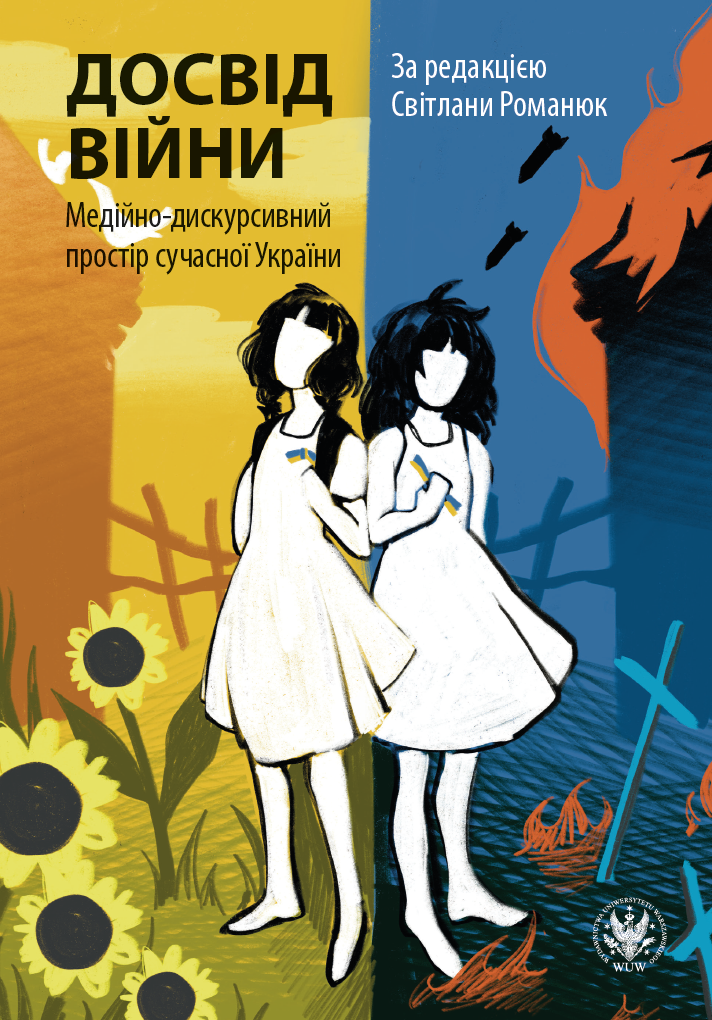Українська неологія доби російської агресії 2014–2023 років (лексикографічний аспект)
Ukrainian Neology During the Russian Aggression, 2014–2023 (Lexicographical Aspect)
Author(s): Natalia Adach, Halyna Vokalchuk
Subject(s): Cultural history, Theoretical Linguistics, Applied Linguistics
Published by: Wydawnictwa Uniwersytetu Warszawskiego
Keywords: lexicography; neologism; neology; neosemanticism; precedential phenomenon; dictionary
Summary/Abstract: The study presents the features of lexicographical description of a corpus of specific lexical units documented in Ukrainian-language content from 2014 to 2023, as published in a special neological dictionary titled "The Dictionary of Ukrainian Resistance" ("Ukrainian Neology During the Russian Aggression 2014–2023"). The purpose and primary objectives of the dictionary have been highlighted, its type, composition and purpose defined, and the sources for compiling the neologism registry identified. Criteria for identifying lexical innovations among other non-usual units (folklorisms, colloquial and dialectal vocabulary) have been characterized. The main tasks of the lexicographical expertise conducted during the selection of the material and its subsequent filtration have been described. The components of a dictionary entry have been characterized. Specific examples have been provided to illustrate instances of neologism formation through substantiation. Dictionary entries have been provided in which homonymous neologisms are recorded. A characterization of semantic innovations (neosemanticisms) has been provided. It has been noted that a significant number of neologisms are derived from words of foreign origin, with corresponding comments in the dictionary entries. It has been acknowledged that graphosemantic phenomena are attested in the corpus of lexical innovations. A distinctive feature of the collected material is the abundance of terms formed from precedential phenomena, especially from the surnames of political figures. Examples of emotionally charged terms with a strongly negative connotation and original in form for referring to the Russian Federation and its inhabitants have been provided. The analysis of the material allows us to assert that such terms are the result of neological experiments by speakers, primarily driven by extralinguistic factors, notably hatred and contempt for the Russian aggressors. Cases have been analyzed where the registered word does not match its contextual usage. The corpus of neologistic material for the analyzed period attests to the direct influence of extralinguistic factors on the linguistic creative activity of speakers, resulting in the emergence of new nominative units that incorporate components that are both genuinely Ukrainian and borrowed from other languages.
Book: Досвід війни. Медійно-дискурсивний простір сучасної України
- Page Range: 95-110
- Page Count: 16
- Publication Year: 2024
- Language: Ukrainian
- Content File-PDF

